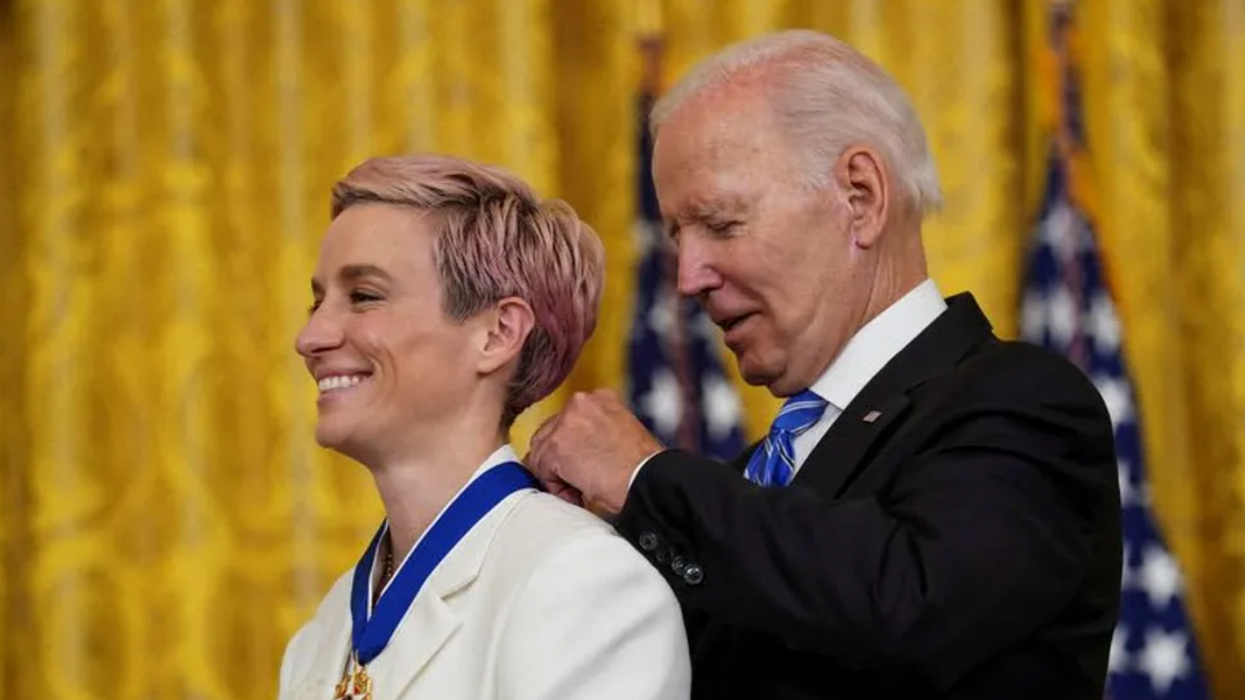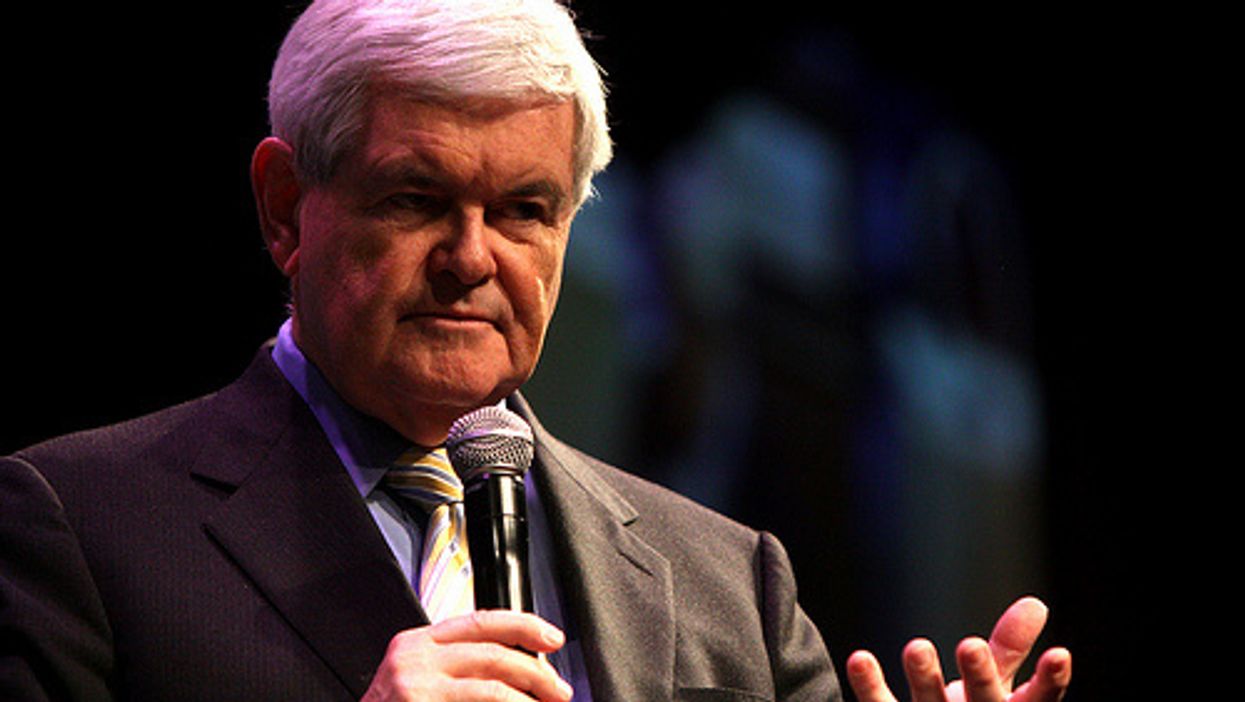Don't Let Trump Distract Us From His Disqualifying Criminal Indictment
Within the few days, Trump has made at least five moronic, dangerous or incendiary comments. And if the past is any guide, the press and social media will be all over each of them. Some will decry his vicious allusion to John McCain's disabilities, earned in a war Trump evaded. Others will be outraged by his description of the January 6 defendants as "hostages."
He manipulates our attention and our conversation like a skilled puppeteer. Consider that with only days to go before the first nominating contests, we are not even talking about Trump's greatest legal peril — the sweeping 37-count indictment regarding willful retention of national defense information, conspiracy to obstruct justice, corruptly concealing a document or record, and making false statements.
Admittedly, the Mar-a-Lago classified documents indictment is only the second-most disqualifying crime in Trump's roster — the first being attempting a coup — but it is the most open-and-shut and therefore the most ruinous.
Unlike the Washington indictment for attempting to overturn an election, the Florida indictment does not rely on untested applications of criminal statutes (e.g., was the riot an attempt to obstruct an official preceding?) or inquiries into Trump's state of mind. The questions of law and fact are straightforward.
Trump apologists will point to Biden, Pence and others who were found to have classified documents in offices or homes. But the indictment does not charge Trump for any documents he voluntarily returned after they were requested by the National Archives and Records Administration. No, he is charged only for the documents he hid, moved around, lied about, shared with a number of people lacking security clearances, kept in bathrooms, ballrooms, and bedrooms, and stubbornly withheld — even in defiance of a subpoena — from an increasingly alarmed federal government.
After the search of Mar-a-Lago in August 2022, Trump claimed to have declassified all of these documents before absconding with them. A sitting president does have authority to declassify, though not to take documents home as trophies. There are two problems with this justification: 1) There is zero evidence that Trump ever did declassify the relevant documents, and 2) even if he had, "willful retention of national defense information" remains a federal crime under the Espionage Act, which was passed in 1917, long before the current classification system was adopted. Others who've been charged and convicted under this statute include Chelsea Manning, Reality Winner and Edward Snowden. Less famous was Kendra Kingsbury, a former FBI analyst who pleaded guilty to taking classified documents home and was sentenced in June to three years and 10 months in federal prison.
Oh, and there's one other problem with the "Trump declassified everything" argument: His own words. The indictment includes a recording of Trump flaunting one of the documents to a writer (who had no security clearance, far less top-secret) at his Bedminster club. These were "highly confidential" and "secret," he confided, adding ''as president I could have declassified it. ... Now I can't, you know, but this is still a secret."
That would be quite enough, but there is so much more. The indictment lays out the manifold maneuvers Trump undertook to obstruct justice. After being asked to return the documents, he instructed Walt Nauta to hide 64 of the boxes in other parts of Mar-a-Lago before letting his lawyer go through the remaining 30 — letting the lawyer believe that he was seeing the complete set. After the lawyer examined the contents and found some classified material, Trump suggested that he make them disappear. He "made a plucking motion."
The superseding indictment details Trump's instructions to several Mar-a-Lago employees to destroy security camera footage — textbook obstruction of justice.
The law is clear and easy to understand. Jack Smith has the receipts. Even Trump's allies have acknowledged that the indictment is devastating. Jonathan Turley admitted that "It's really breathtaking. ... The Trump team should not fool itself. These are hits below the water line. ... It's overwhelming in its details." Bill Barr added, "I do think that ... if even half of it is true, then he's toast. I mean, it's a pretty — it's a very detailed indictment, and it's very, very damming."
This, all by itself, is utterly disqualifying for a presidential candidate. The indictment cites two instances — that Smith can prove — of Trump revealing classified information to people not authorized to have it. God only knows how many times he did it that we have no record of.
Trump got lucky in the selection of Judge Aileen Cannon, who may be a MAGA sympathizer. But let's not lose sight of his flagrant, brazen, criminal contempt for his duty. Let's keep our focus on the people whose lives he put at risk. Let's have enough self-respect to recoil at his reckless endangerment of this country. If convicted, he deserves to do prison time. Cannon notwithstanding, he may well do prison time for this. And that, not his latest stink bomb, should be front of mind as we head into the campaign.
Mona Charen is policy editor of The Bulwark and host of the "Beg to Differ" podcast. Her new book, "Hard Right: The GOP's Drift Toward Extremism," is available now.
Reprinted with permission from Creators.




